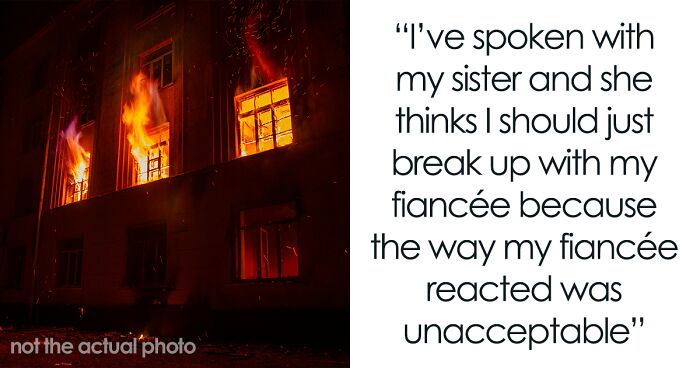
Woman Panics In A Fire, Fiancé Reconsiders The Relationship In Fear Of Future Emergencies
Getting married is an important decision that deserves a lot of careful thought—after all, it’s a promise to share a lifetime together, for better or worse.
For one Redditor, however, a recent and rather unusual experience forced him to reconsider whether his fiancée was truly the right match. During an unexpected house fire, she lost her composure and was quickly overtaken by panic and fear.
And just like that, he began wondering if she was really ‘wife material’ after all.
During an unexpected house fire, the man’s fiancée lost her composure, quickly overtaken by panic and fear
Image credits: Skylar Kang / pexels (not the actual photo)
And just like that, he found himself wondering if she was really ‘wife material’ after all
Image credits: Levi Damasceno / pexels (not the actual photo)
Image credits: Alena Darmel / pexels (not the actual photo)
Image credits: TrickyInteractions
Why we react the way we do during emergencies
We can’t always predict how we’ll react in a crisis—whether it’s a friend choking at dinner or an earthquake shaking the city. Some people spring into action, some are gripped by panic like OP’s fiancée, while others might freeze altogether.
But what is it that makes our responses so different? Innovation advisor Russell Shilling, who has served as the American Psychological Association’s chief scientific officer and was a Navy aerospace experimental psychologist, shares some insights on the topic in a conversation with Fast Company.
According to Shilling, our reactions to danger are shaped by our past experiences and what we perceive as threats. “If you’re primed to be afraid of flying, you’re more likely to have a strong reaction to things going on in an airplane, such as turbulence,” he says. But in a situation such as a fire, your response could take on another form entirely.
When people freeze in an emergency, it’s often because they’re stuck in fight-or-flight mode. “You’re trying to find a plan on how to react,” but thinking clearly becomes difficult as the limbic system isn’t functioning properly. “You basically look like you’re freezing, but your mind is trying to plan your way through it,” Shilling explains.
This is is actually considered one of the most natural and common ways people behave. During a stabbing incident on London Bridge in the UK, for example, an off-duty police officer who tackled the attackers recalled that many bystanders were standing still, like “deer in the headlights.”
However, the good news is, it’s possible to teach yourself to stay calmer under pressure. Although it’s not easy, training can help replace automatic, unhelpful responses with actions that could save your life. “If you’ve been heavily trained, you’ve already got a set of responses that you’re ready to use, so you don’t have to spend a lot of that time [thinking about what to do]. Your training kicks in,” says Shilling.
For instance, whenever Shilling attends a large event with his family, they discuss and set up an emergency plan so everyone knows what to expect. This includes locating exits, noting the crowd size, and avoiding unnecessary anxiety.
Training and preparation, Shilling says, “can give [us] a sense of control.” It’s hard to say how we’ll act in a tough moment, but we can practice responses that’ll help us stay grounded if we ever need them.
Image credits: MART PRODUCTION / pexels (not the actual photo)
Commenters encouraged him to break up—not for his sake, but for hers
One user chimed in with a personal story, reminding everyone that it’s hard to predict how any of us will react in a crisis
Poll Question
Thanks! Check out the results:
My MIL talks about being a teacher a lot. She's dealt with all sorts of injuries - broken bones, seizures, heads split open, etc... when my now husband broke his arm she was a full on mess and another teacher had to help him.
Load More Replies...I lost all respect for OP reading this. Agreed that he should just marry his sister.
Yaps, I maintain my calm in panic-situations. Partly because my personality, but mostly because of my work I was trained to do this, from sinking ships to fires. Somebody who was never trained for it, can loose easily act like OP's fiance, if he/she is not "cold-blooded". OP, however acted very badly to her meltdown. First of all, you secure yourself, second, you get everybody out safe, following the given and proved to be efficient protocols. Third, you call your country's emergency number. Fourth and last is to try and help, being a house-fire or a car accidwnt or a heart attack. If you are not a firefighter or a medical pro, all you can do, not cause more harm.
Load More Replies...Once you lose respect for someone, it's difficult to get it back. You may find yourself resenting her in the future. Sit down and speak with her about it, in an open way, explain how it made you feel and why. Ask her why she reacted the way she did. Perhaps there is a past trauma, that caused such a reaction. Try counselling. If all else fails, call it quits. Hopefully you can both find better matching partners.
Good response. How someone handles an emergency isn't always under their control as others above commented. It may be that this is a deal-breaker for him and that's ok too. What I can't tell is if he's a genuine a$shole, or if he's just ignorant about people and emergencies. There was a similar reddit a couple of years ago about a group of friends on a boat that had a small engine fire. The gf/fiance also went into full panic mode, except she was actively grabbing onto people and screaming bloody murder, while the guys (all experienced boaters) ran around dealing with it, and genuinely made the situation dangerous for all involved. He asked the same questions as here, but eventually understood that people don't always have control over themselves in those situations. In his case, he accepted she wasn't wrong for it, nor was he wrong to feel this was an important compatibility point for him. He ended up breaking up with her after some long talks... can't remember how she took it.
Load More Replies...My MIL talks about being a teacher a lot. She's dealt with all sorts of injuries - broken bones, seizures, heads split open, etc... when my now husband broke his arm she was a full on mess and another teacher had to help him.
Load More Replies...I lost all respect for OP reading this. Agreed that he should just marry his sister.
Yaps, I maintain my calm in panic-situations. Partly because my personality, but mostly because of my work I was trained to do this, from sinking ships to fires. Somebody who was never trained for it, can loose easily act like OP's fiance, if he/she is not "cold-blooded". OP, however acted very badly to her meltdown. First of all, you secure yourself, second, you get everybody out safe, following the given and proved to be efficient protocols. Third, you call your country's emergency number. Fourth and last is to try and help, being a house-fire or a car accidwnt or a heart attack. If you are not a firefighter or a medical pro, all you can do, not cause more harm.
Load More Replies...Once you lose respect for someone, it's difficult to get it back. You may find yourself resenting her in the future. Sit down and speak with her about it, in an open way, explain how it made you feel and why. Ask her why she reacted the way she did. Perhaps there is a past trauma, that caused such a reaction. Try counselling. If all else fails, call it quits. Hopefully you can both find better matching partners.
Good response. How someone handles an emergency isn't always under their control as others above commented. It may be that this is a deal-breaker for him and that's ok too. What I can't tell is if he's a genuine a$shole, or if he's just ignorant about people and emergencies. There was a similar reddit a couple of years ago about a group of friends on a boat that had a small engine fire. The gf/fiance also went into full panic mode, except she was actively grabbing onto people and screaming bloody murder, while the guys (all experienced boaters) ran around dealing with it, and genuinely made the situation dangerous for all involved. He asked the same questions as here, but eventually understood that people don't always have control over themselves in those situations. In his case, he accepted she wasn't wrong for it, nor was he wrong to feel this was an important compatibility point for him. He ended up breaking up with her after some long talks... can't remember how she took it.
Load More Replies...
 Dark Mode
Dark Mode 

 No fees, cancel anytime
No fees, cancel anytime 



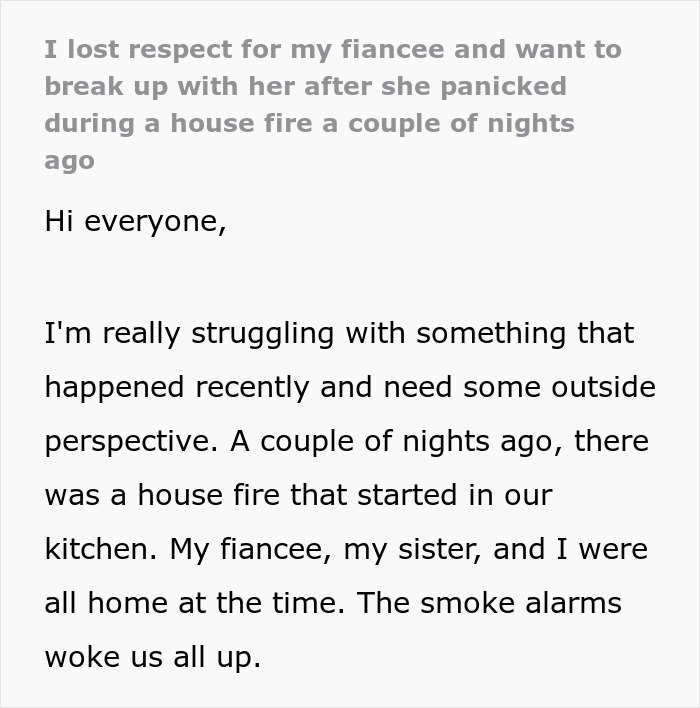
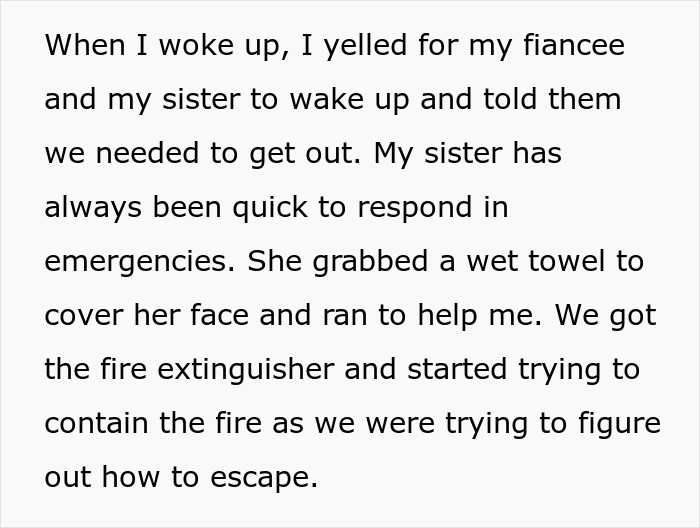
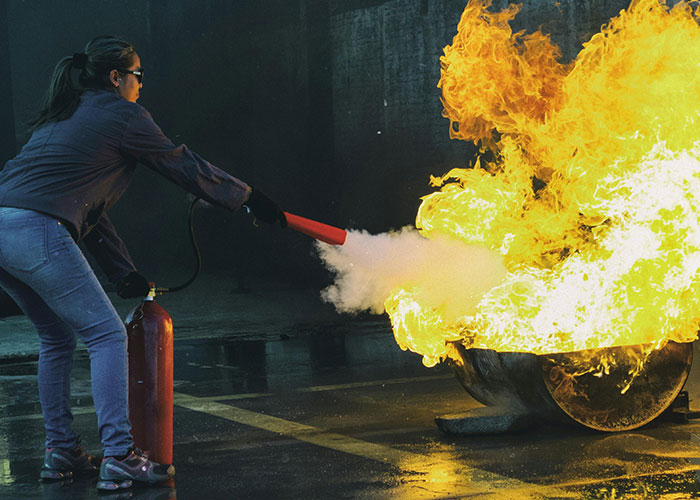
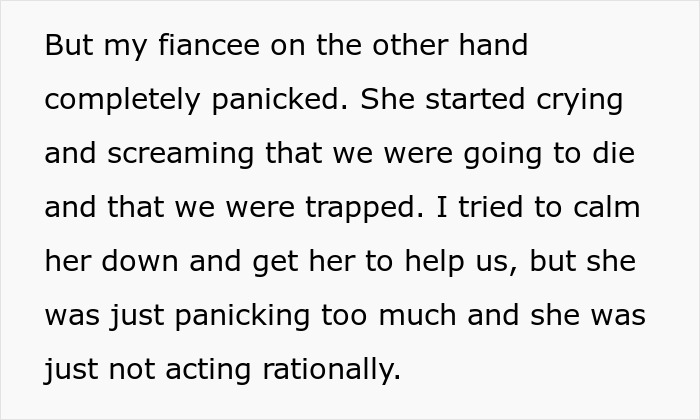

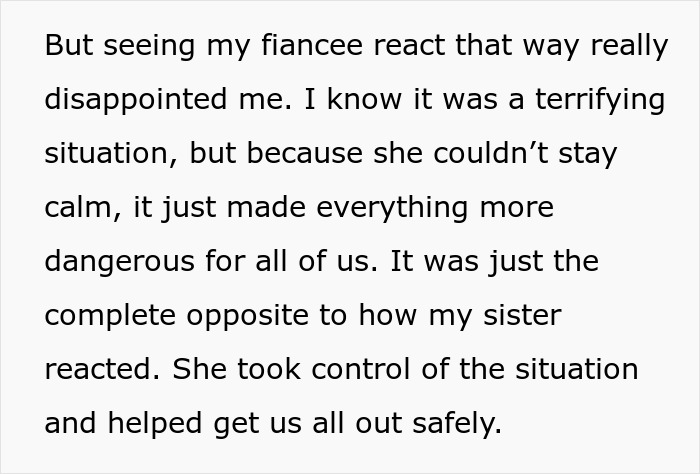

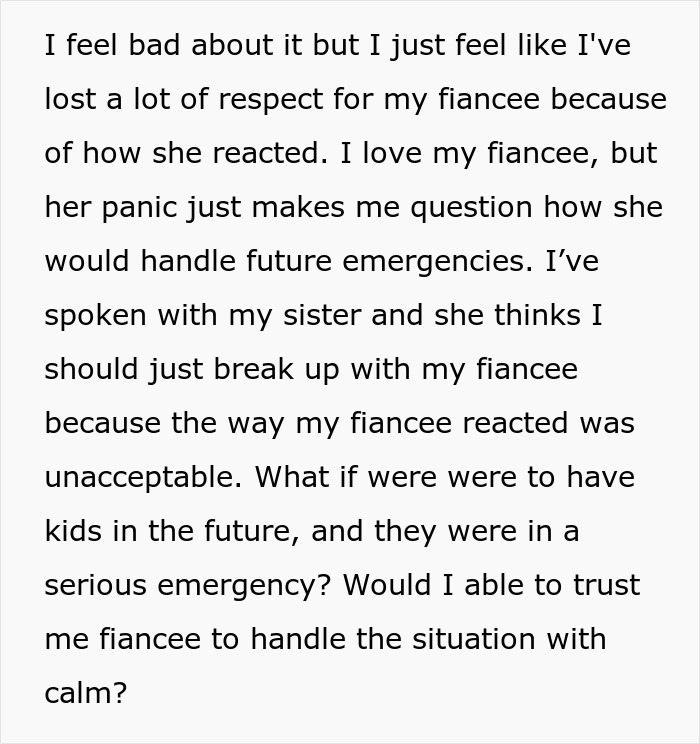


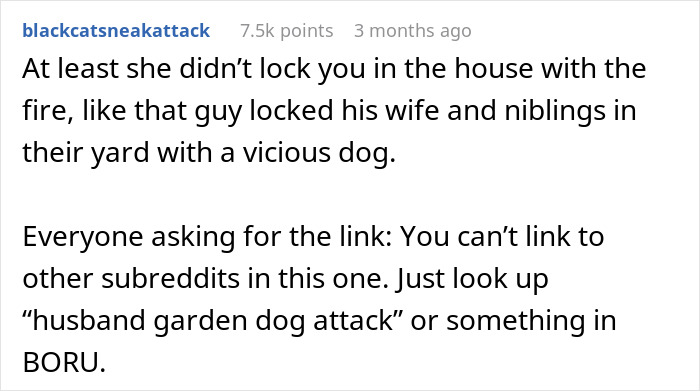

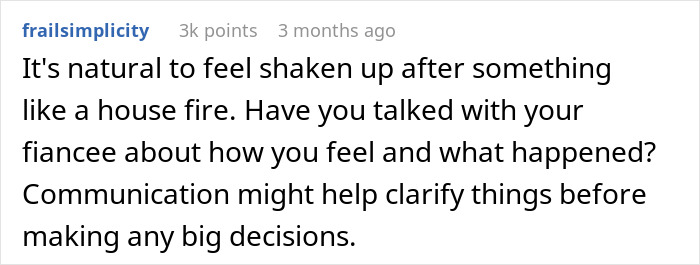
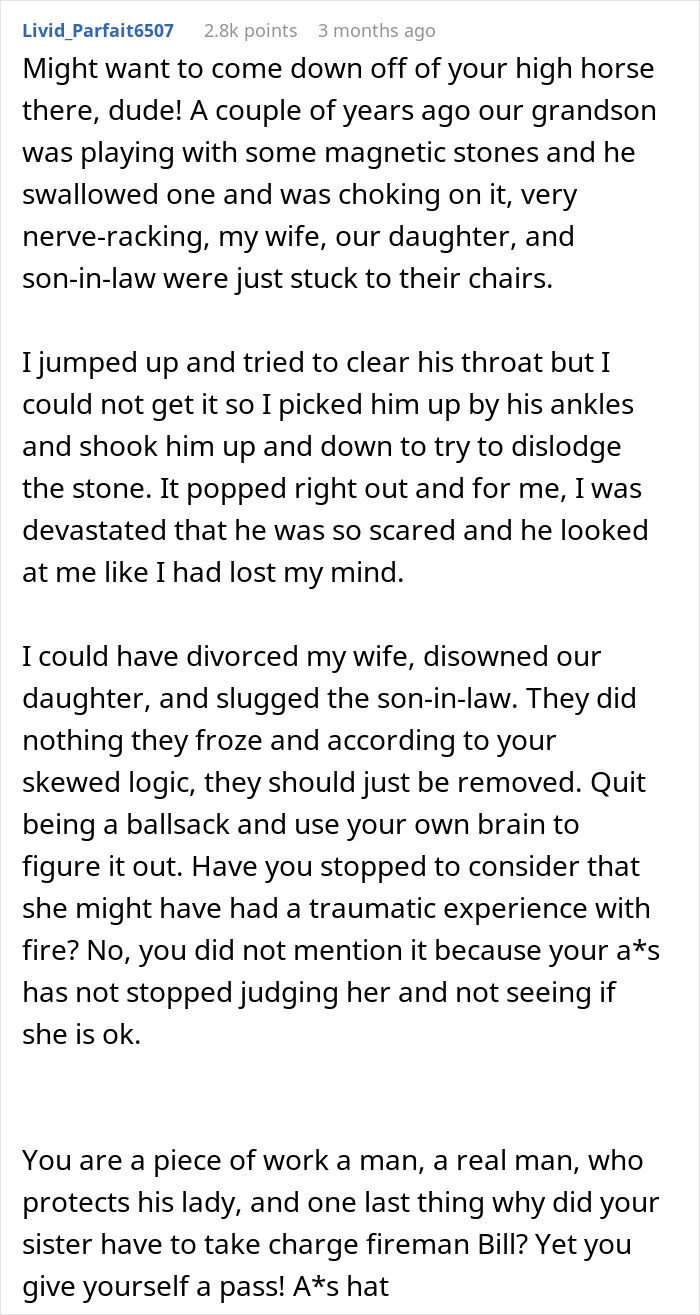
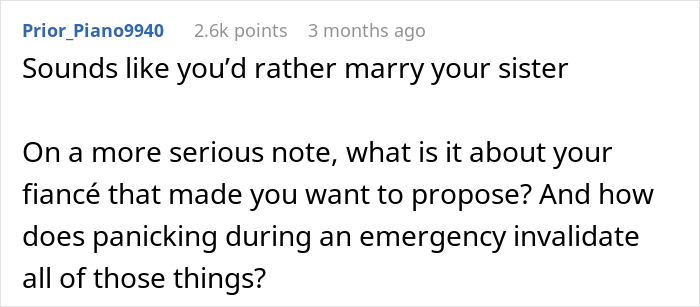






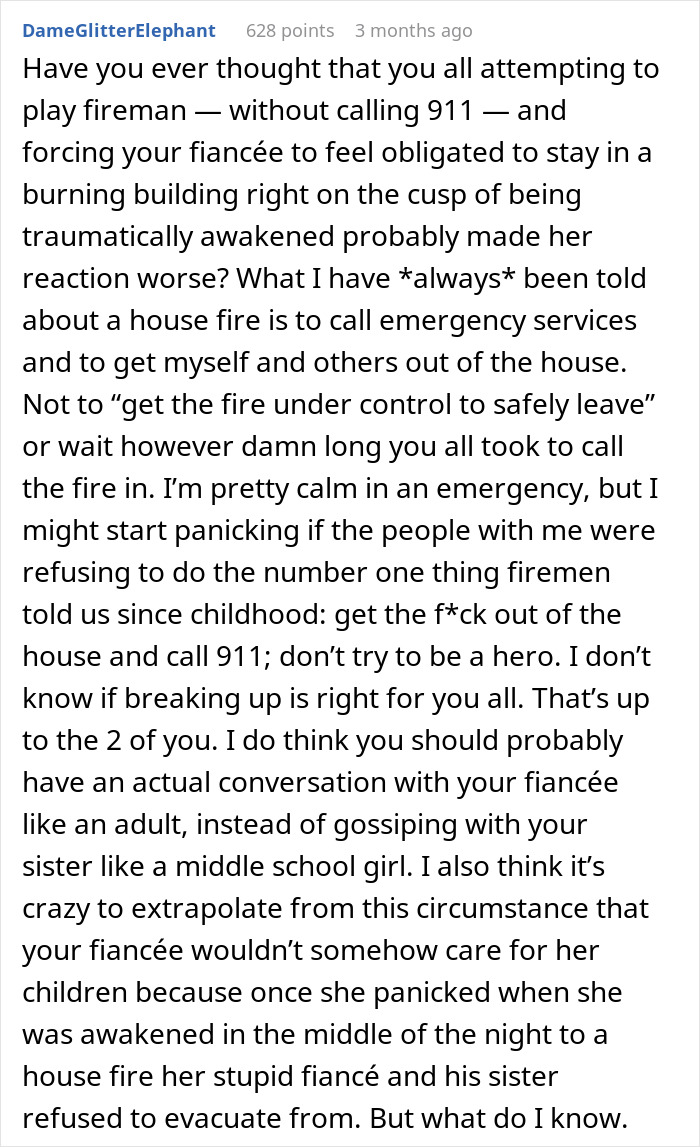

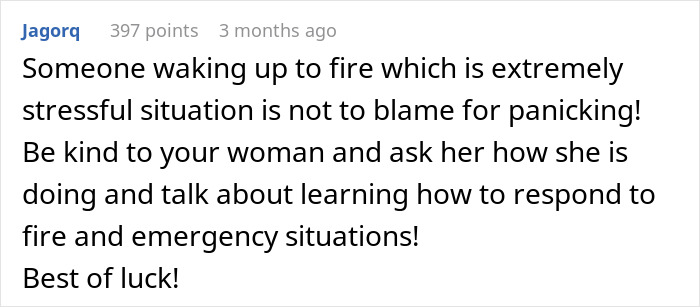

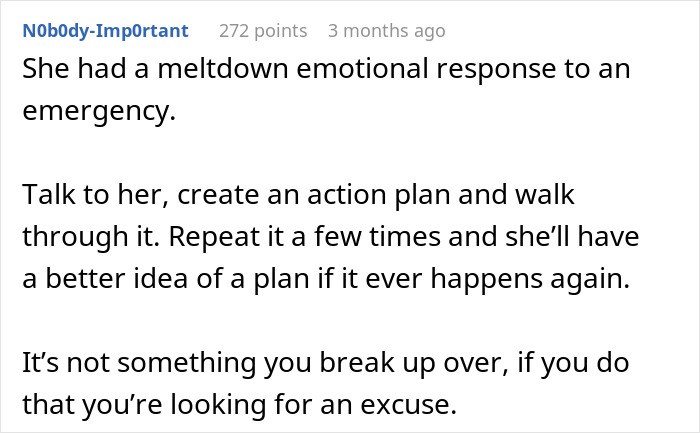


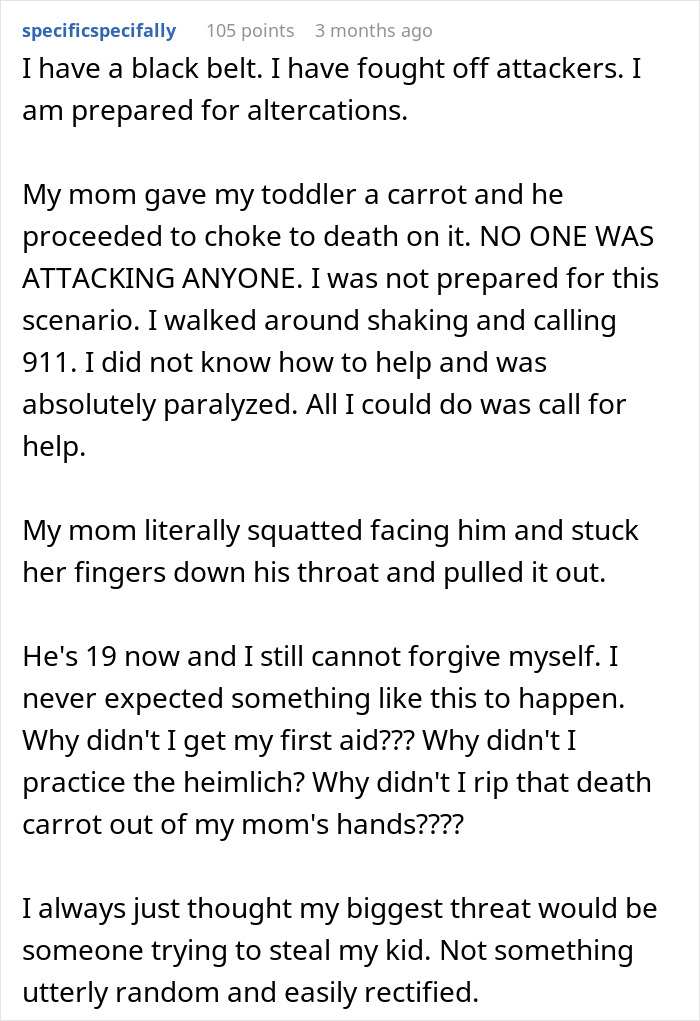






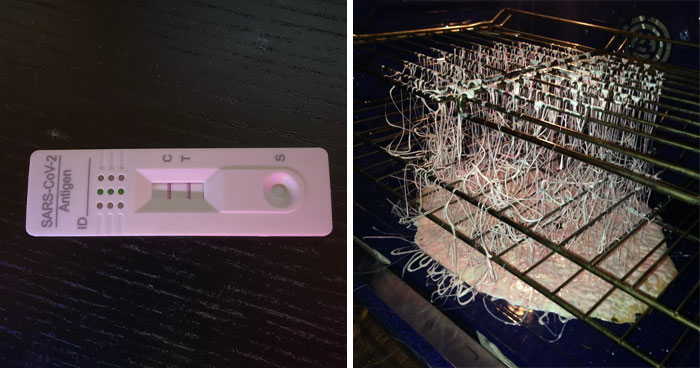


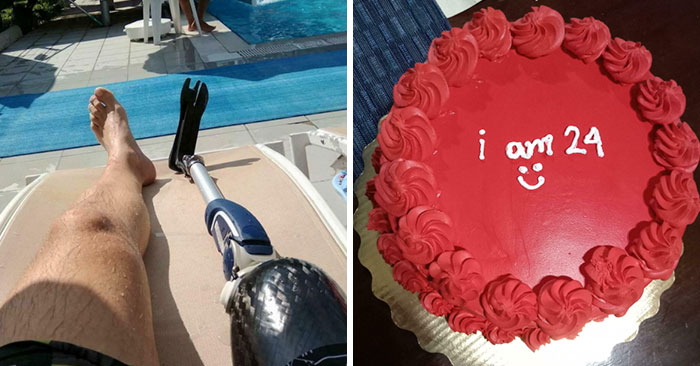


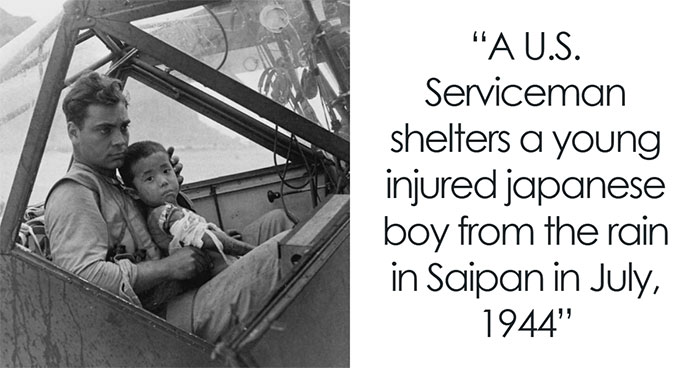
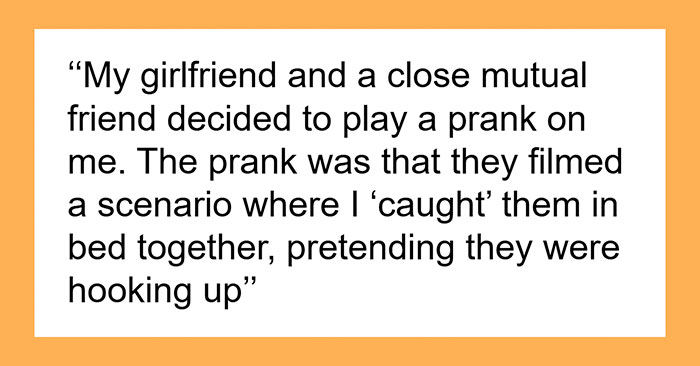
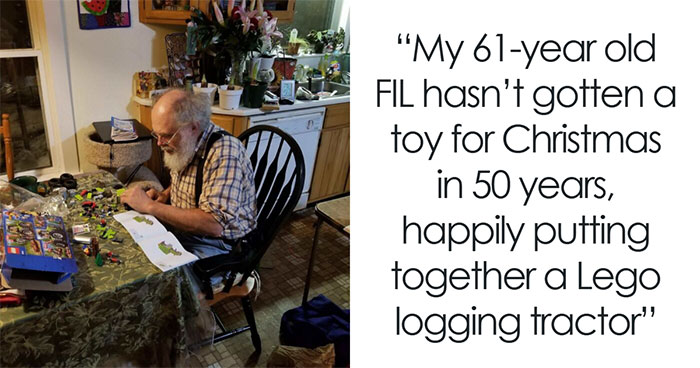





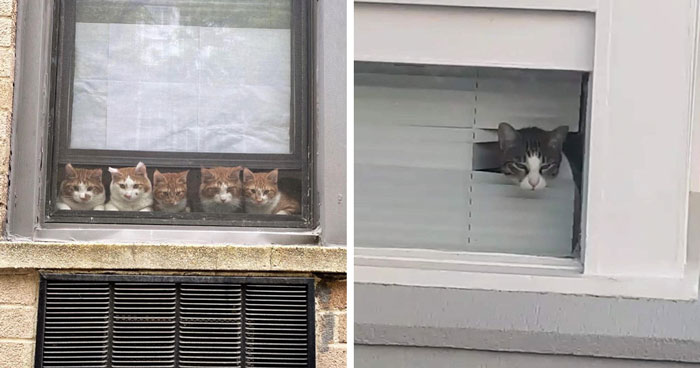





35
129